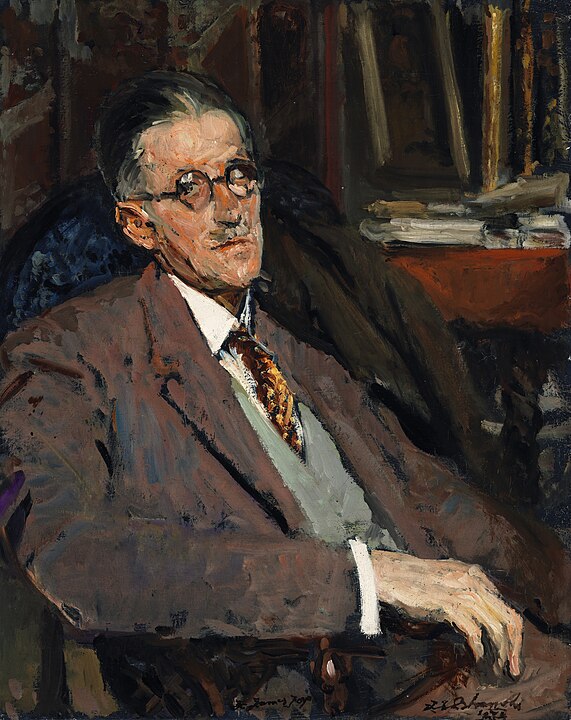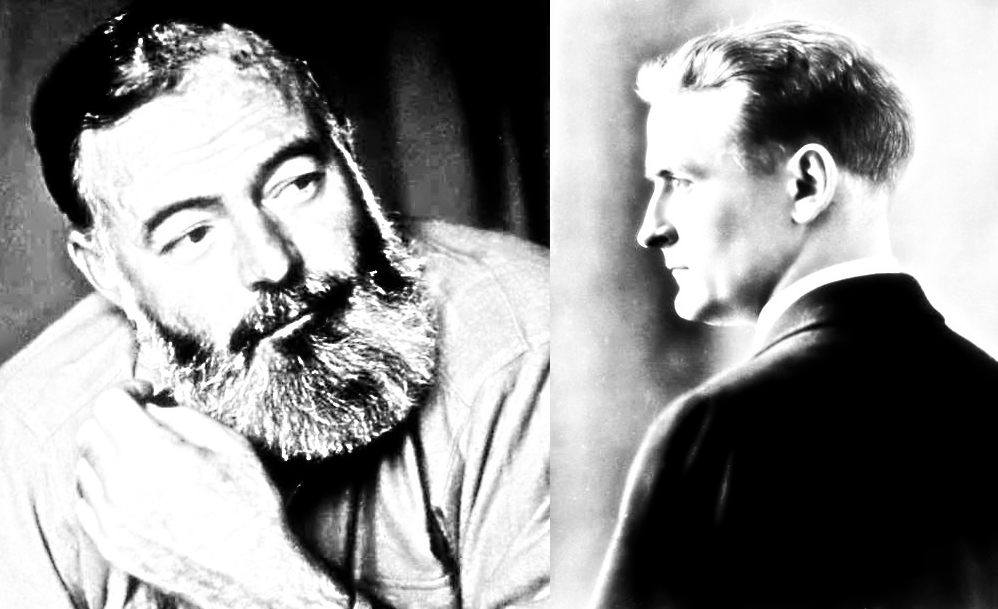If there was a king of October, it would probably be Edgar Allan Poe. He is most definitely the emperor of fear at least, with most of his stories being considered iconic in some way, whether they are included as some of the first detective stories (“The Murders in the Rue Morgue”) or if they are well-known for tackling taboo issues (“The Fall of the House of Usher”).
While I think his stories are fantastic, I am always enamored with his poetry, which both excites me and is also a cause of some discomfort. As I’ve discussed before (both here and here), Poe’s poetry defies even modern attempts at conveying the feeling of Gothic horror and of atmospheric horror in general. Though, more acutely, he is a truly devastating writer when it comes to writing about people devolving into maelstroms of madness.
About the poem
The poem tells a story that should be familiar to most fans of Poe, one of that starts in normalcy, sometimes splendor, and ends in terror and fright. And in ballad format, with only six stanzas that are eight lines apiece, Poe foreshadows the horrors that await the characters in his short story “The Fall of the House of Usher,” of which this poem was apart–though it appeared as a song.
Moreover, the rhyme scheme changes from stanza to stanza, and “There are instances such as in the first four lines of the first stanza, that Poe writes without rhyming pattern in mind. Additionally, he makes effective use of enjambment, hypberbole, and alliteration …” (Baldwin).
Due to the poem’s relationship with the short story it appeared in, it only makes sense that the guilt and sin that is found in that short story also finds its way into this poem. “Banners yellow, glorious, golden, / On its roof did float and flow” contrasts deeply with, “But evil things, in robes of sorrow, / Assailed the monarch’s high estate;”. These lines are both flowing, but they flow in different directions, from the gloriousness of a banner flying high to the ominous flowing of a psychic wraith’s robe.
“The palace is a symbol for the mind; the ‘two luminous windows’ are the ruler’s eyes,” states Bright Hub Education. “… Contrast that with the last two stanzas, in which the poem shifts to tell of the palace’s – and its monarch’s – decline into insanity.”
Enjoy today’s poem and may the blessings of fall and October befall your horror-loving heart!
“The Haunted Palace” by Edgar Allan Poe
In the greenest of our valleys
By good angels tenanted,
Once a fair and stately palace—
Radiant palace—reared its head.
In the monarch Thought’s dominion,
It stood there!
Never seraph spread a pinion
Over fabric half so fair!
—
Banners yellow, glorious, golden,
On its roof did float and flow
(This—all this—was in the olden
Time long ago)
And every gentle air that dallied,
In that sweet day,
Along the ramparts plumed and pallid,
A wingèd odor went away.
—
Wanderers in that happy valley,
Through two luminous windows, saw
Spirits moving musically
To a lute’s well-tunèd law,
Round about a throne where, sitting,
Porphyrogene!
In state his glory well befitting,
The ruler of the realm was seen.
—
And all with pearl and ruby glowing
Was the fair palace door,
Through which came flowing, flowing, flowing
And sparkling evermore,
A troop of Echoes, whose sweet duty
Was but to sing,
In voices of surpassing beauty,
The wit and wisdom of their king.
—
But evil things, in robes of sorrow,
Assailed the monarch’s high estate;
(Ah, let us mourn!—for never morrow
Shall dawn upon him, desolate!)
And round about his home the glory
That blushed and bloomed
Is but a dim-remembered story
Of the old time entombed.
—
And travellers, now, within that valley,
Through the red-litten windows see
Vast forms that move fantastically
To a discordant melody;
While, like a ghastly rapid river,
Through the pale door
A hideous throng rush out forever,
And laugh—but smile no more.
Works Cited
“The Haunted Palace” Analysis and Symbolism of “The Fall of the House of Usher” by Edgar Allan Poe. 5 Aug. 2011, brighthubeducation.com/homework-help-literature/122686-the-haunted-palace-analysis/.
Baldwin, Emma. “The Haunted Palace by Edgar Allan Poe.” Elite Cafemedia, https://poemanalysis.com/edgar-allan-poe/the-haunted-palace/. Accessed 12 Oct. 2021.








Leave a Reply